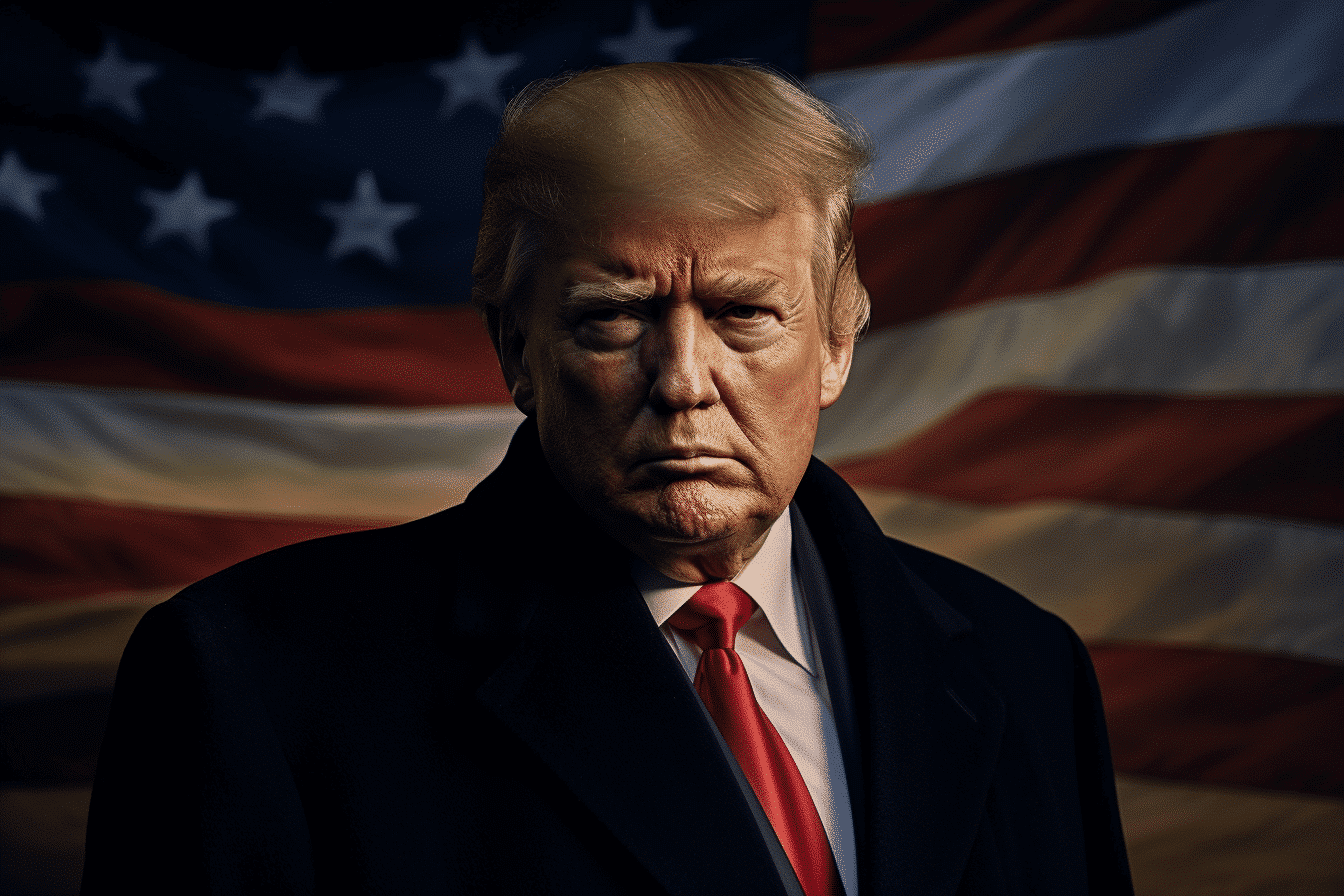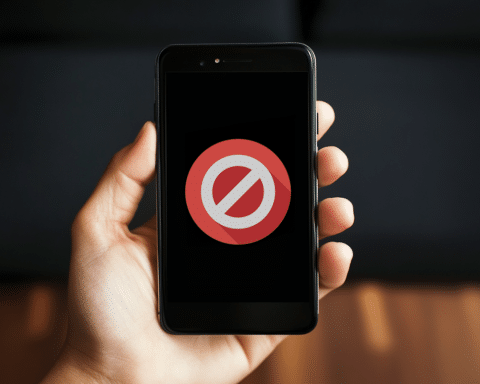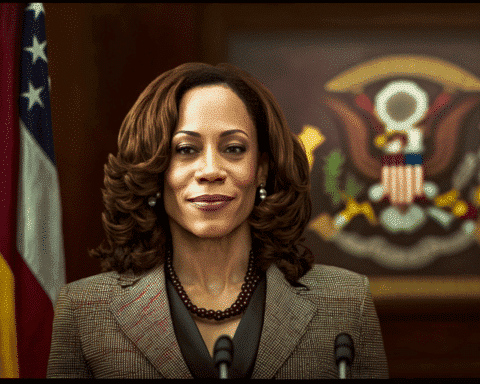Despite facing federal and Georgia indictments for purportedly attempting to alter the 2020 election outcomes, Donald Trump and his supporters continue to echo unfounded claims surrounding the election results.
Soon after the Georgia indictment, Mike Lindell, a key Trump supporter and MyPillow owner, participated in a Missouri conference, presenting a video discussing alleged election fraud. The video showed a scene from November 2020, suggesting a Fulton County, Georgia election worker, Ruby Freeman, manipulated ballots. However, investigations confirmed Freeman was merely performing her duties. The Georgia vote had three verifications, including a manual count, all supporting the integrity of the election results.
Freeman and her daughter became targets of criticism from Trump and his allies, drawing unwarranted parallels to criminal activities. They shared their experiences before the congressional Jan. 6 committee and filed a defamation lawsuit against some Trump supporters, including ex-Mayor of New York City, Rudy Giuliani. Their experiences were central to Trump’s recent indictment, accusing him and his allies of conspiring to distribute misleading information about the Georgia election.
Nevertheless, Lindell referenced his video at the conference, emphasizing its portrayal of the election environment in December 2020. Despite comprehensive evidence refuting Trump’s claims, a significant portion of the Republican electorate remains unconvinced of President Joe Biden’s legitimacy, as reflected in a recent poll by the Associated Press.
The Georgia indictment detailed multiple allegations by Trump that were swiftly refuted by fellow Republicans, including Georgia’s Secretary of State, Brad Raffensperger, and Governor Brian Kemp. However, Trump remains unwavering in his position.
In response to these events, Trump announced an upcoming press conference to reveal a report supporting his claims, only to later postpone, suggesting his legal team preferred a court filing approach.
By repeatedly emphasizing these claims, Trump is not only rallying his base but is also compelling a revisiting of the 2020 election narrative.
During an appearance at the Iowa State Fair, Trump reiterated his stance on the “rigged” 2020 election. His team released a statement suggesting that the recent indictments infringe on Trump’s First Amendment rights.
Lee McIntyre, a Boston University researcher, emphasized the danger of such divisive strategies, suggesting it leads to intensified polarization and potential threats. Indeed, a recent incident involved the FBI neutralizing a self-proclaimed “MAGA Trumper” from Utah who posed a threat to President Biden.
However, Trump’s continued allegations may carry political risks. While a notable portion of Republicans remain skeptical of Biden’s victory, a majority of Americans recognize it as legitimate. Should Trump seek the presidency in 2024, he would need to sway some of these voters.
Highlighting his disputes over the 2020 election, Trump potentially reminds voters of the opposition he faced, even from loyalists. This includes a firm refutation by Governor Kemp and Mike Pence, Trump’s vice president during his term.
The indictment outlines several claims Trump and his supporters have made, most of which have been proven baseless. For instance, allegations about deceased voters and underaged registrants were debunked by Georgia officials.
Despite these challenges, Trump has indicated he’ll employ the film “2000 Mules” as part of his defence, although its credibility has been contested.
Multiple reviews, audits, and recounts have overwhelmingly invalidated Trump’s allegations regarding the 2020 election. Yet, his enduring stance has contributed to increasing polarization and skepticism in the U.S. democratic process. David Becker, of the Center for Election Innovation & Research, warns of the potential erosion of trust in democratic institutions due to these continued narratives.
The ongoing saga of the 2020 election underscores the profound impact that political rhetoric and claims, substantiated or not, can have on public trust and the democratic fabric of a nation. As the U.S. moves forward, it remains to be seen how these narratives will shape future electoral processes and the broader national discourse. With democracy’s resilience in the balance, the necessity for a unified commitment to factual integrity and mutual respect is more crucial than ever.




